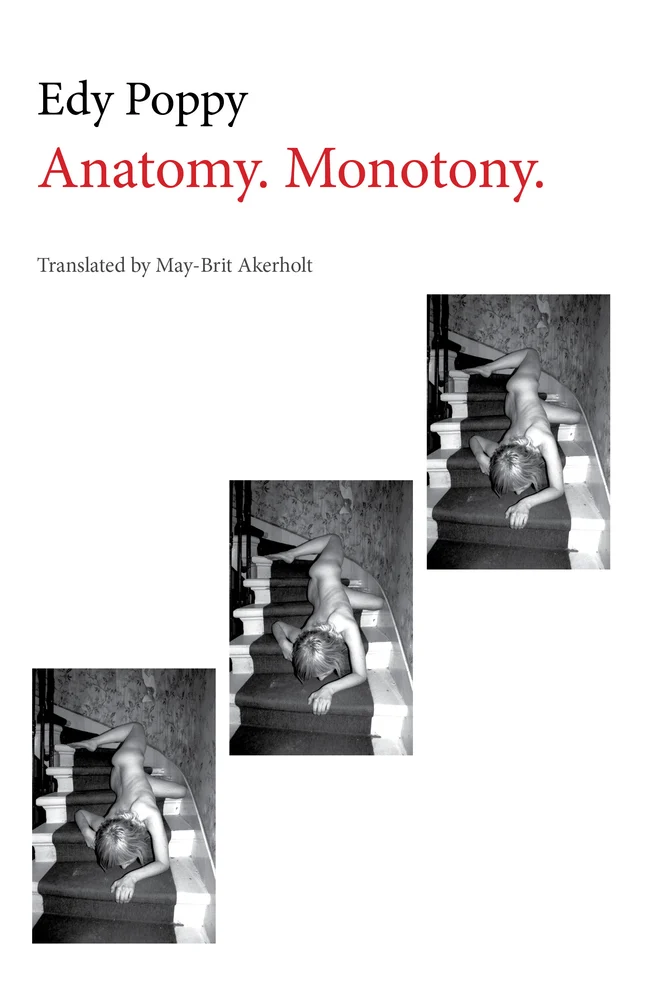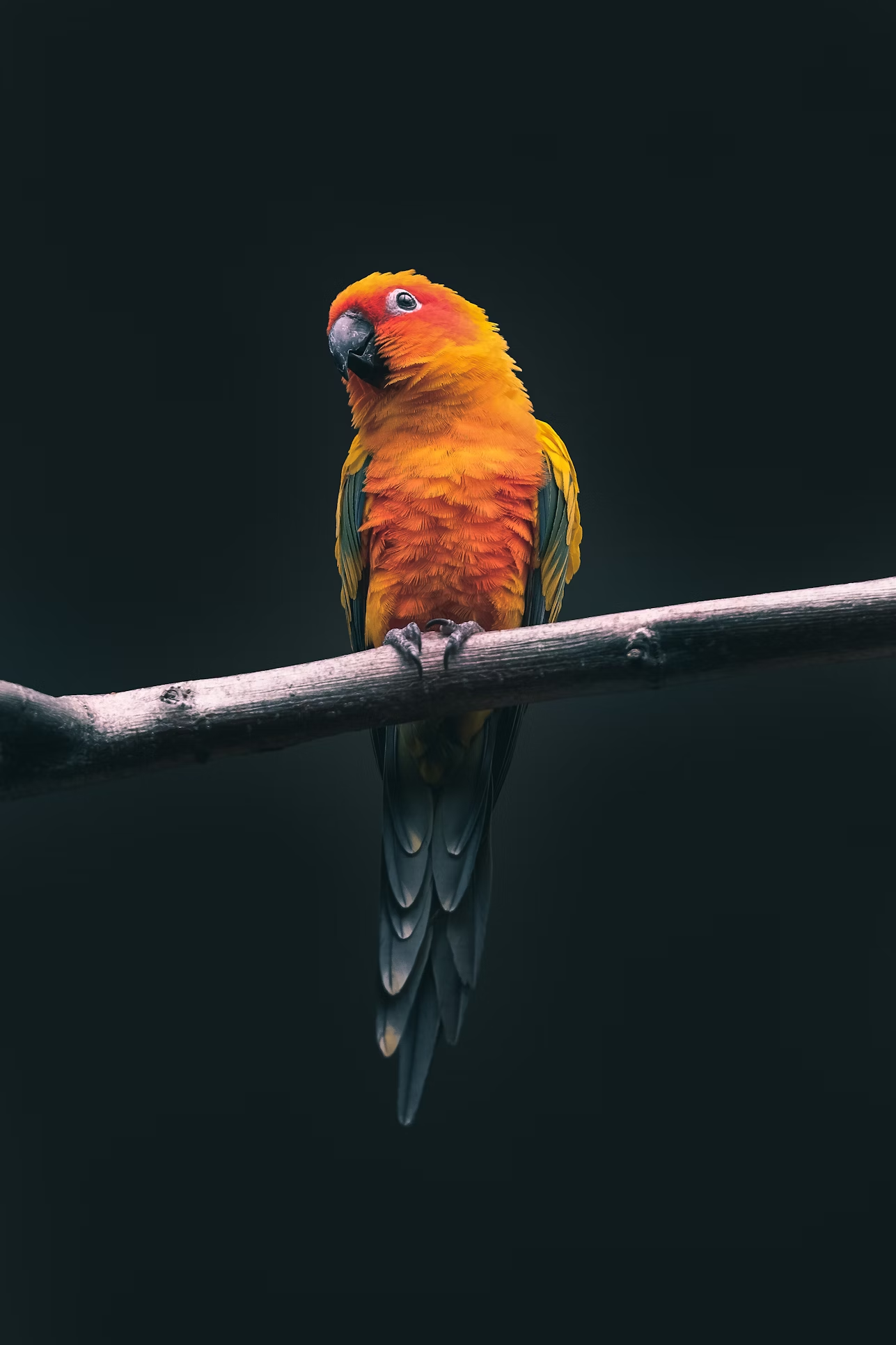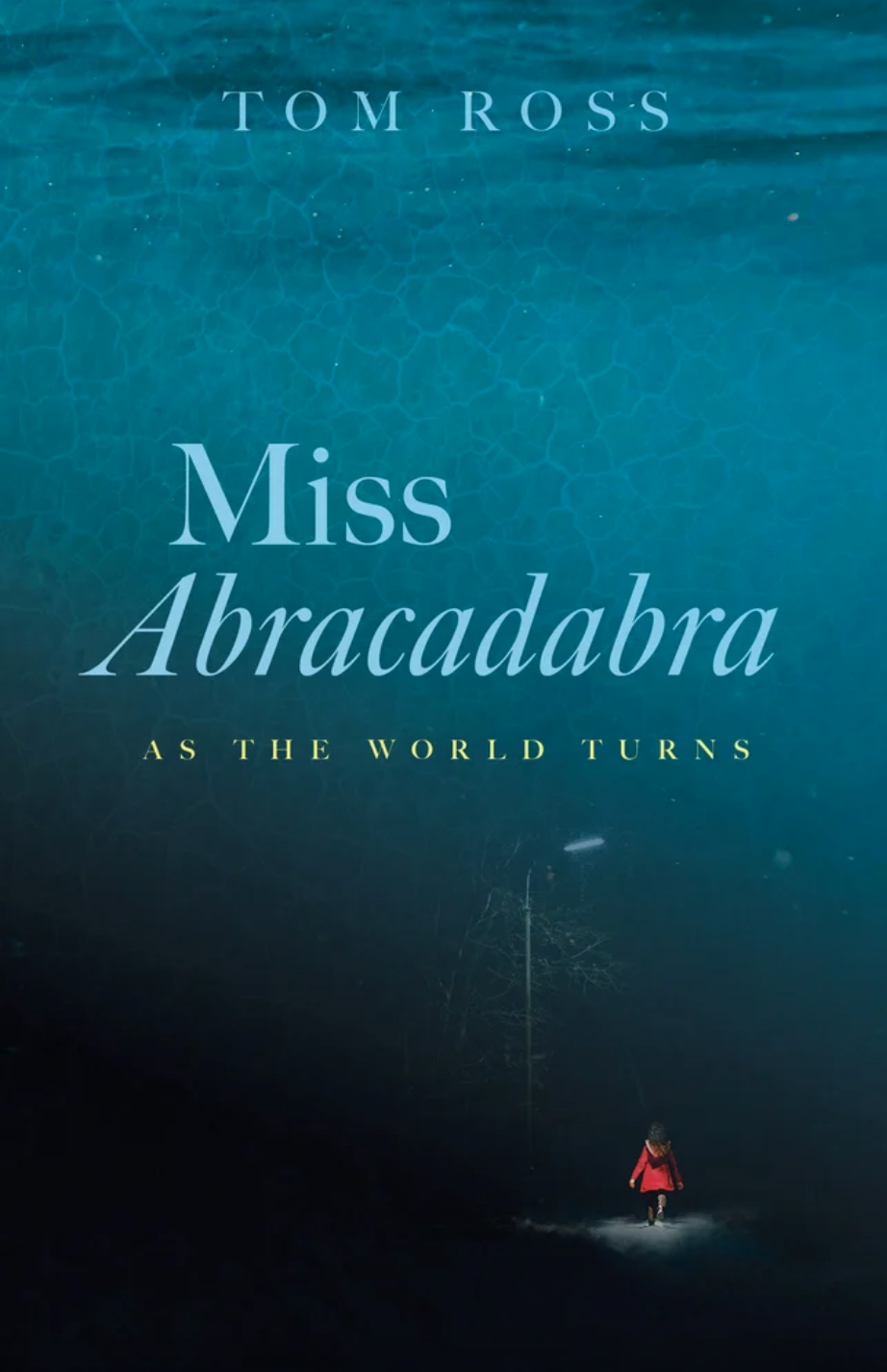Book by MAHIR GUVEN
Translated from the French by TINA KOVER
Reviewed by FEROZ RATHER

The protagonist of Mahir Guven’s debut novel, Older Brother, is the son of a Syrian emigre taxi driver and a French mother who has died by the time the story begins. He is in his late twenties. An Uber driver addicted to hash, he is living in a suburban ghetto outside of Paris he calls “the dump of France.” He fears his ennui, induced by the indifference of the countless customers he ferries around, might kill him. But despite the jadedness, his caustic humor enlivens him, endowing his fulminations with a faint existential quality.
Older Brother has the dual ambition to deal with the Syrian war abroad as well as immigration “at home.” Guven, who was born in 1986 in Nantes to refugee parents (his mother is Turkish, and his father, who is of Kurdish origin, hails from Iraq), is most veracious when probing the uncertainties that are the fate of an immigrant family and in capturing the chaos brought about by cultural uprooting, the consequences of which he himself experienced.
Early in the novel, among the protagonist’s many mordant monologues, is an account of a pleasant, rainy night when he fails to strike up a conversation with a customer. Disappointed, he drops his customer at a dance club reserved for the residents of central Paris. The sound of techno music brings back memories of the protagonist’s past. It is still a marvel to him that despite his immigrant features, he had once managed to dodge the filter of racism (the bouncer must have been color-blind, he reasons) and made his way inside the club. Driving by, he muses on the scene:
The slickest of us earn our livings from their misery: sell them the shit and count the cash. I don’t like to think it, but the truth is that brings a shred of equality back to the society. They toss us in jail, they splatter us all over the TV, they lock us up and throw away the key. But we’re far from being the ones who live off other people’s misfortune.
The irony is not, Guven seems to suggest bluntly, that Muslim immigrants may earn a livelihood on the West’s over-affluence and decadence, but rather that even risking supplying drugs won’t help them make ends meet.
Since the protagonist is recollecting this incident post-Charlie Hebdo, Guven does a fine job of detailing the ways in which the driver-protagonist navigates his way through the cultural pressures of Islamophobia and racism accentuated by the shooting in France. We get to know this character as someone who, to avoid being detained and interrogated, harassed and humiliated, does not mind working as an occasional police informant. He is a reluctant Muslim who frequents the mosque only on Fridays. The older brother is a man with decisive secular leanings. He believes in the universal love of God. He is aware of his own marginality, and this awareness elevates him to a heightened state of forgiveness and a sort of ragged compassion towards the world. Through Guven’s prose, the paradox of the older brother’s immigrant existence acquires a distinctive tone. Beneath the protagonist’s humor, gruff and palpable, simmers a fiery rage.
The novel is most affecting when it slows its pace: where, instead of rushing through the present, the protagonist reminisces about his past; where, instead of compressing entire trajectories of life into single paragraphs, remembering is relished and slow, allowing memory to morph into prolonged scenes of re-created life.
At the beginning of chapter five, for instance, some vital details are presented, such as how the protagonist’s father and mother met in the mid-1980s at Institut des Langues Orientales in Paris. In the next line, they are already married, despite the problem of a missing wedding ring finger. Back home in Syria, the father’s activism had resulted in his incarceration during Hafez Al Assad’s presidency:
He was putting the posters in the street when old Bashar’s men nabbed him—and he got off lightly. His older brother, our uncle, had vanished from the face of the earth, and his cousin had his dick and balls fried with electric shocks. Luckily for Dad, it was only his finger.
The understatement is obviously used to register the ridiculousness of persecution by the regime. But because of the rush, the protagonist seems to be skimming over these plot points. However, as the chapter progresses, slowing down and zooming out, Guven depicts the arrival of the older brother’s grandmother from Syria to Paris, when he and his brother are already born and old enough to accompany their father to the airport. The father—who has not visited Syria for fifteen years, and has gotten married in this interim—is finally meeting his mother again. This moment could have easily turned maudlin, but the use of comedic tone cuts the overbearing pathos, making the scene deeply affecting:
She pressed us to her breasts, which hung down to her belly button. I recognized my dad’s scent, only older and unwashed. Pop acted like none of it was a big deal, but when she took him in her arms, his eyes shone with tears.
This is also true about the part that immediately follows. The father, despite earning a doctorate, has ended up becoming a taxi-driver. He is a staunch communist and when he comes to know that his mother is narrating Islamic tales from the homeland and teaching his sons how to pray, he becomes violent towards her. The scene is narrated from the depths of the protagonist’s own dark realism. In hindsight, the abuse the protagonist witnessed becomes absurd and farcical.
The comedic tone, however, does not serve several interspersing chapters as well. While the protagonist is the primary narrator of the novel, some chapters are in the voice of his younger brother. The protagonist is furious about his brother’s decision to visit Syria; he not only thinks that the country is a “land of psychos and lunatics…where they’ll cut your head off for a half-smoked cigarette,” but also suspects the nature of the “humanitarian” work his brother has embarked to do in a fit of religious altruism. Guven, like so many novelists at work now, uses contemporary history as the backdrop for a fictionalized narrative. But because Syria is still wounded and raw and, therefore, a more tangible turf, Guven faces a tough challenge of transmuting the real, hard facts of the war into a realm of realized characters.
After going to Syria, the younger brother begins collaborating with the rebels fighting against Bashar Al-Assad in the northern city of Al-Bab. His transformation from a nurse to a trauma surgeon aiding ordinary people could have been employed to give readers a sense of the intensity of war in a country where the regime routinely uses chemical weapons against children, targets the wounded with snipers, and deliberately bombs hospitals to destroy and deny medical aid. What we get, instead, is an impression of a picnic in the war. The landscape, reminding the younger brother of France, is peopled with caricatured militants named Blondbeard and Abou Johnny.
Satirizing the war could reveal the complicity of the world or the corrosion and failure of politics. Resorting to the absurd could help in depicting the war’s distortions, both physical and moral. Guven’s parody of the Syrian war reminded me a bit of a Bollywood spoof, Tere Bin Laden (“Without You, Laden”), which pokes fun at how spurious the Pentagon’s sources and reasons to attack Afghanistan were. The narrative here, though, does not quite mature as a political satire or fully capture the grotesquerie Assad’s determined cruelty has turned Syria into. In the novel, the younger brother is unable to immerse himself in the savaged physicality of the landscape. This lack of deep contemplation makes his character an instrument of a fictive imagination that is distant, hasty, and disengaged, which in turn blunts the reader to the presentation of the conflict.
Upon the younger brother’s furtive return to France, the older brother suspects that his sibling has been radicalized. The older brother’s desire to save the younger brother from the police and help him escape to Portugal creates a noirish atmosphere of moral ambivalence towards the ending. As the novel reaches its conclusion, it is thrilling to be propelled forward by the plot, which could at any moment catapult into a catastrophe. But there is a moment that happens quite early that I longed for and wanted the novel to return to:
I had to force myself not to get distracted. For example, on that day, I remember a guy had just come out on the balcony across from ours, totally naked. My grandma saw him too, but she looked away fast enough that her prayer wasn’t ruined. Suddenly there was an enormous farting noise, crazy loud, like a machine gun. I couldn’t keep from laughing, and then my brother laughed too. The old lady didn’t budge. It was one o’clock in the afternoon, and that was the signal that Pop had just gotten up.
Reminiscent of the earliest confrontations between Muslims and the West, this moment is extraordinary in its awkwardness, intimacy, and political charge. The grandmother, though sitting in a submissive posture, is determined to continue her prayer and safeguard her identity. Carrying the vestiges of historical memory, she represents what used to be the West’s traditional “other,” at a time when massive inflows of Muslim refugees to Europe are posing fresher challenges to the West’s rhetoric of tolerance, and pushing countries like France to flex and redefine their borders. Guven’s Older Brother is an urgent depiction of the evolution of Europe’s identity, and an unswerving reckoning with the moral crises that blemish the beginning of the twenty-first century.
Feroz Rather is a doctoral candidate of creative writing at Florida State University. His work has appeared or is forthcoming in The Common, The Kenyon Review, The Ploughshares Blog, The Millions, The Rumpus, The Adroit Journal, Barrelhouse, Caravan, and in Mad Heart, Be Brave: On the Poetry of Agha Shahid Ali published by Michigan University Press. His debut novel, The Night of Broken Glass, published by HarperCollins in South Asia, was nominated for the First Book Award by the Ninth Mumbai International Literary Festival. He is the interviews editor at The Southeast Review.




